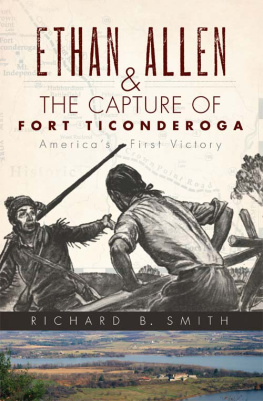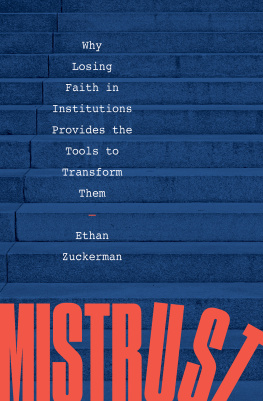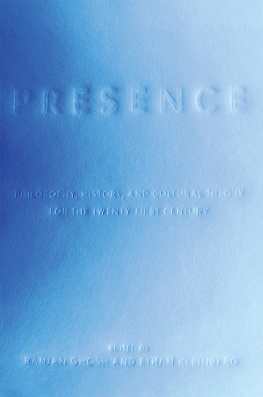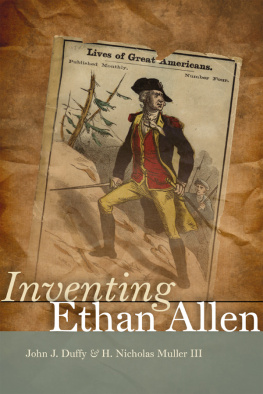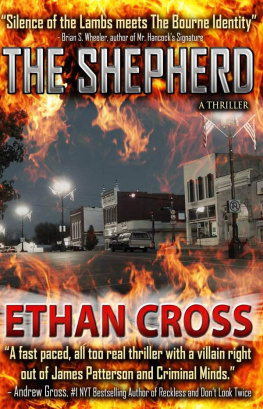Introductory Note
by John Pell, Esqre
E THAN ALLEN, it is commonly supposed, was a pioneer, backwoods chieftain and extempore soldier who suddenly emerged from the wilderness at the head of a band of uncouth adventurers, captured a fortress, shouted an epigram and disappeared again into the obscurity of mountain caverns and first growth trees. Like so many successful military leaders who have become semi-legendary heroes, his life is remembered as a single incident and a few words,the capture of TiconderogaIn the Name of the Great Jehovah and the Continental Congress. The consequences of this event were indeed far reaching. As the first aggressive military action of the colonists it converted the armed resistance of a few Massachusetts radicals into a war for independence. Further, it was the British guns from Ticonderoga which drove the British troops from Boston. But in a life of fifty-two years the Ticonderoga episode occupied perhaps a month. At the time Ethan was a man of thirty-seven. He had spent three quarters of his life unconsciously preparing himself for such an opportunity.
He came of Yoeman stock. Before emigrating to America with the Dorchester Company in 1632, the Aliens owned land in Essexshire. They were Church of England separatists. After their exodus they, like the children of Israel, raised large families and moved. Four generations averaged ten children each and lived in eight different places. According to the town records of Litchfield, Connecticut, Ethan was born there January 10th, 1737 (old time). Less than two years later he was carried in his mothers arms across the hills to Cornwall, the new town on the Housatonic. His childhood was spent in that log cabin frontier settlement. Dogs and pigs ran loose in the mud lane. Wolves howled in the forest nearby. There were Indian massacres in neighboring villages even a witch, Moll Cramer, shunned and feared, living with her child in a solitary cabin not far away.
While a country is being settled there is always speculation in wild lands. Debts, crop failures, mistakes and misfortunes are continually forcing men and women from the old settlements out beyond the frontier to start life over again in the wilderness with a gun, an ax, a plow, a few seeds and a great deal of hope. Bright young men go ahead, pick out attractive sites, obtain grants from Governors or proprietors, and survey lots which they are prepared to sell to would-be pioneers.
After a brief service in the French and Indian War, some experience as manager of a Furnace in Salisbury and overseer of a lead mine in Northampton, Ethan became a land speculator. The Peace of Paris opened for settlement the region situated north of Massachusetts Bay between Lake Champlain and the Connecticut River. Its jurisdiction was in dispute. Although the Board of Trade had alloted it to New York Province, the governor of New Hampshire continued to grant townships within the district. In partnership with his brothers and a cousin, Remember Baker, he formed the Onion River Company and obtained from the New Hampshire Proprietors hundreds of Rights (a Right was usually 360 acres) of land in the vicinity of what is now Burlington, Vermont. When the New York grantees of the disputed region began to press their claims, Ethan organized among the settlers who had bought the land which they had cleared and improved from the New Hampshire Proprietors, a band of minutemen who called themselves Green Mountain Boys and who for several years successfully withstood the Yorkers attacks. Their leader was outlawed and posted. He escaped attempts to kidnap him, offered a reward for the capture of the Attorney General of New York Province and built a block fort to insure the validity of his land titles. When hostilities broke out between the Kings troops and the farmers of Lexington, Ethan had at his command an organized army all ready to follow him to the Kings forts situated at Ticonderoga and Grown Point so dangerously close to the Onion River Companys land.

In the Narrative Ethan described the reduction of Ticonderoga and Lake Champlain, an attempt on Montreal, his capture, and captivity, covering the period from May, 1775 to May, 1778. The book was written about a year later and published as a serial in the Pennsylvania Packet beginning with the number of March, 1779. It was immediately afterwards issued as a book by Robert Bell at Philadelphia Price Ten Paper Dollars. Because of its vivid and picturesque style, it became a bestseller: there were eight editions, in book form, within the first two years. Its popularity greatly helped Washingtons efforts to save the languishing American cause from subsiding altogether.
Although the Narrative must have been written almost entirely from memory, a careful examination of contemporary documents has disclosed to this writer no substantial errors on the part of its author. The Connecticut Courant at Hartford, the Massachusetts Spy at Worcester, the Pennsylvania Packet at Philadelphia, etc., printed accounts of the capture of Ti-conderoga with slight variations as to the number of men engaged, adding italicized comments such as What think ye of the Yankees now?. Lieutenant Feltham, the second in command, sent a very careful report to General Gage which on the whole substantiates Ethans account, though it implies that Arnold had a joint command and that Ethan at first mistook Feltham for his commander, Captain Delaplace. John Leacocks play The Fall of British Tyranny published in 1776 describes Ethans interview with General Prescott at Montreal in almost the exact words used by Ethan in the Narrative three years later.
The fact, however, that none of these mentions Ethans famous words In the Name of the Great Jehovah and the Continental Congress has lead recent historians to doubt their authenticity. It is the opinion of this writer that a mans statement of his own words should be accepted unless he is an habitual liar or there is conclusive evidence to the contrary. As shown above, the veracity of the rest of the Narrative is substantiated by contemporary documents. The evidence against Ethans speech is entirely negative. On careful consideration it seems likely that Feltham reporting to the Commander-in-Chief wouldas he did mention that Ethan said he came from Connecticut, Arnold from Massachusetts, etc., and omit epigrams and oaths (there must have been many) shouted during the aclual encounter. When the Narrative appeared in 1779, most of the participants were alive and able to read it, yet no doubt was cast upon its authenticity until many years later. On other similar occasions, Ethan used Biblical epithetswith similar success.




